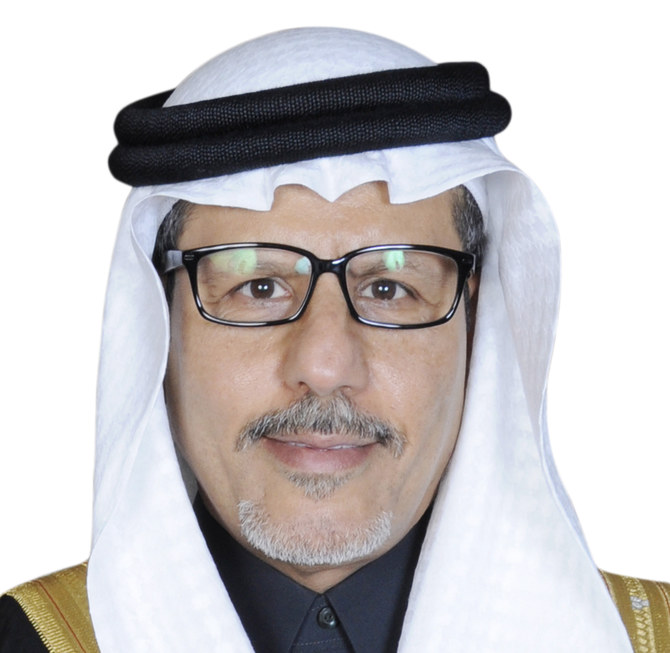Horasis, the global visions community, held its annual Horasis India Meeting on July 24, co-hosted by the Confederation of Indian Industry (CII). The event brought together several hundred of the most senior members of the international organization, focusing on how to overcome the COVID-19 crisis and inspire India’s future.
Dr. Turki Faisal Al-Rasheed, a prominent Saudi businessman and adjunct professor at the University of Arizona, was a featured speaker at this online event, delivering a talk on the vital role of “Strategic Management Strategy for Crisis and Disaster,” under a session themed “Strategic Management for a Pandemized World.”
Al-Rasheed opened the talk by highlighting the importance of leadership awareness. He said that crises do not wait for the leaders to be ready; in most cases, crises happen at the worst time. He emphasized the significance of strategic management in times of crisis and disaster to prepare and empower society to protect itself. Crises and disasters are considered among the foremost obstacles to sustainability.
At the heart of his talk, Al-Rasheed defined strategic management as the continuous planning, monitoring, analysis and assessment that is necessary for an organization to meet its goals and objectives. The strategic management process involves analyzing cross-functional business decisions prior to implementing them, according to his book, titled “Public Government and Strategic Management Capabilities: Public Governance in the Gulf States,” published in 2017.
Al-Rasheed said that strategic management in the public sector means developing an explanation of a firm’s performance by understanding the roles of external and internal environments, and positioning and managing within these environments. While in the private sector, it means the interdisciplinary field that studies the behavior of companies and other market parties.
Crisis and disaster management requires a clear strategic vision and priorities as well as strong coordination with all the stakeholders. It requires leadership capable of making critical decisions. Decisions must be balanced between economic, social and safety requirements. Critical decisions cannot be left to the military leaders, doctors or scientists. It is the political leader’s responsibility.
Al-Rasheed concluded his speech by saying that we live in a complex world where disasters are inevitable and that there is no time for false security.
After the panelists delivered their talks, there was a Q and A session. Al-Rasheed was asked, “How do you manage a crisis?” He said that in managing a crisis, you have to look at it from two different perspectives: From a business leader’s perspective, they must consider every crisis as an opportunity to advance their business, as it is their responsibility to the company and stakeholders; and from the public servants’ and political leaders’ perspective, they must realize that no country can manage a crisis on its own, so they must empower society and other stakeholders, and prepare a crisis management center that is able to manage the team.
Asked what advice he would give to the Indian business community and to the rest of the world, Al-Rasheed said: “God gave you power and energy and wealth; while it is important to meet your bottom line, you must also pay Zakat for the common good of humanity and mankind.”
















